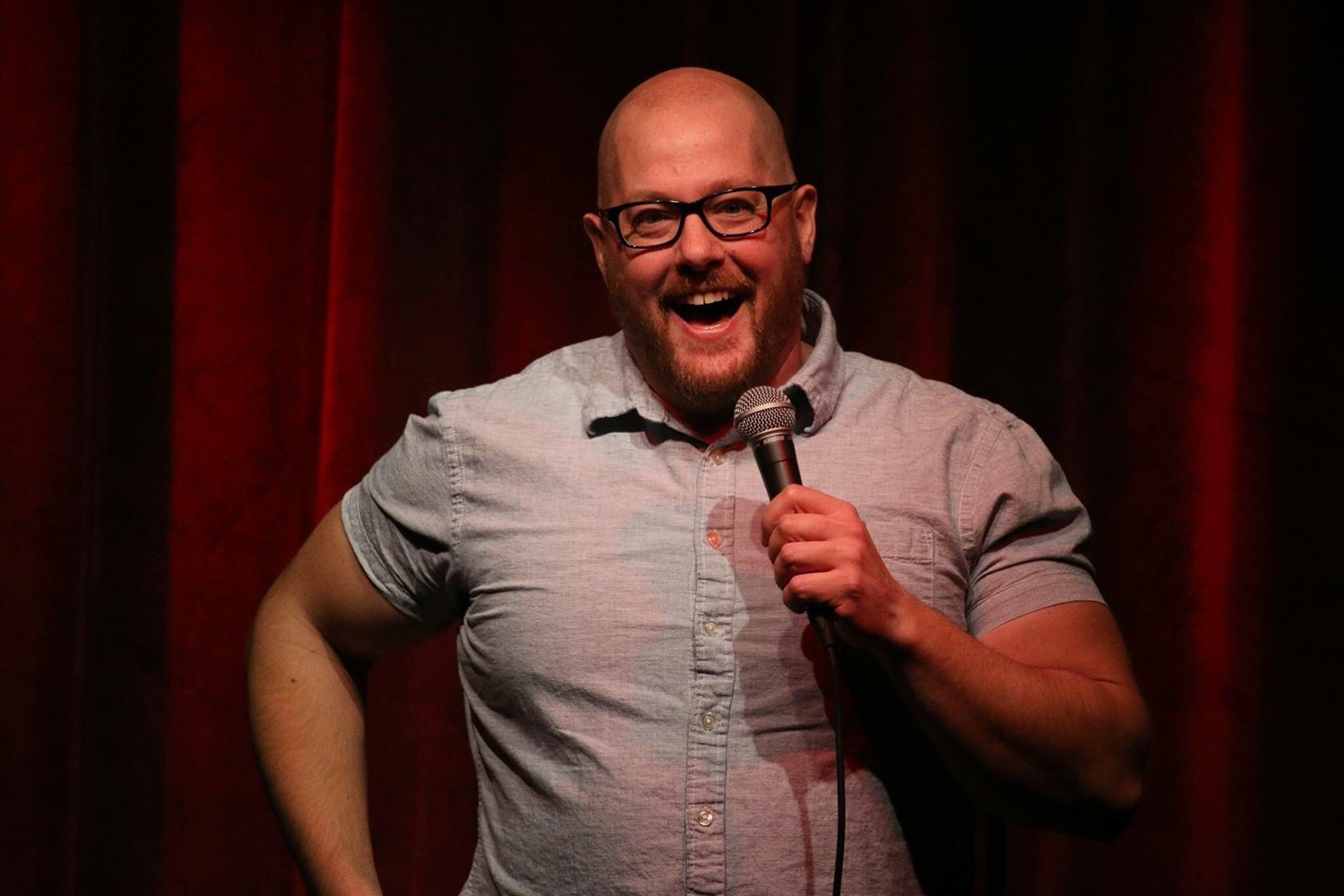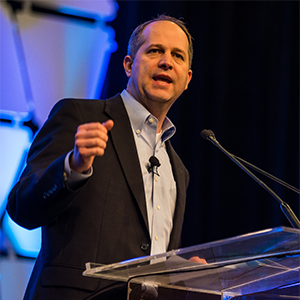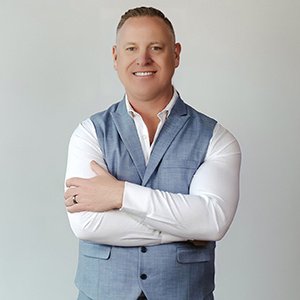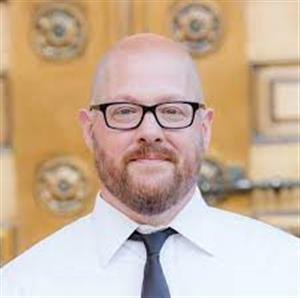Well, it has happened again, Ron and Ed's stacks of stuff are bursting beyond their britches, so it is time to trot out some alliterative alchemy to rightly rectify the seriously sticky situation. Okay, enough already. Just sit back and enjoy the ride.
Use these show notes to follow along with the audio:
Segment One
45% of CEOs surveyed in PwC’s 27th Annual Global CEO Survey said they do not believe their companies would survive more than a decade if they remain on their current path https://hbr.org/2024/04/ceos-is-your-business-strategy-bold-enough
For CEOs, you should ask, “Is my strategy bold enough, and do I have the right team to execute it?” https://hbr.org/2024/04/ceos-is-your-business-strategy-bold-enough
“Strategy is not strategic planning.” —Ed Kless
“I would say a lot of firms don't have a clear strategy. If they do, it's kind of by default. “ —Ron Baker
Are Movies Better When We Watch Them in Theaters? Here is a statistical analysis from StatSignificant: https://www.statsignificant.com/p/are-movies-better-when-we-watch-them
From The NY Times, you can now share unlimited articles that recipients can read for free. “Oh, it’s behind a paywall” may not be a thing anymore when sharing an article with someone.
Segment Two
From former guest Andrew Stuttaford, “Stranded: The False Promise Of Electric Cars” https://www.andrewstuttaford.com/archive/2023/12/24/the-false-promise-of-electric-cars
“This is central planning with these EVs […] and it's just this is not how markets work.” —Ron Baker
California’s New ‘Fast Food’ Wage Law Will Probably End Badly. We Just Don’t Know How. https://thedispatch.com/newsletter/capitolism/californias-new-fast-food-wage-law-will-probably-end-badly-we-just-dont-know-how/
Have McKinsey and its consulting rivals got too big? https://www.economist.com/business/2024/03/25/have-mckinsey-and-its-consulting-rivals-got-too-big
Segment Three
“Has Intergenerational Progress Stalled? Income Growth Over Five Generations of Americans” (spoiler: no, it has not stalled) https://papers.ssrn.com/sol3/papers.cfm?abstract_id=4741448
Using a post-tax, post-transfer income measure […] Millennials had a real median household income that was 18 percent higher than that of the previous generation at the same age. https://papers.ssrn.com/sol3/papers.cfm?abstract_id=4741448
What happened when Exos shifted to a 4-day workweek? Burnout went down and effectiveness went up. https://www.fastcompany.com/91072238/wharton-experts-4-day-workweek-pilot-results-exos
Even if the 4-day workweek is WILDLY successful, Ron has something to say about it: “I'll tell you one for sure way that you will not get a four day work week and that is if your firm bills by the hour.”
Related to a former TSOE guest Dr. Azra Raza (episode 289): “Cancer signs could be spotted years before symptoms, says new research institute” https://www.theguardian.com/science/2024/mar/31/cancer-signs-could-be-spotted-years-before-symptoms-says-new-research-institute
“Generative AI develops potential new drugs for antibiotic-resistant bacteria” https://med.stanford.edu/news/all-news/2024/03/ai-drug-development.html
“This AI can find billions of new antibiotics, even for superbugs that don’t respond to treatments” https://www.zmescience.com/medicine/ai-billions-new-antibiotics-0423432/
Segment Four
“Productivity Is About Your Systems, Not Your People” https://hbr.org/2021/01/productivity-is-about-your-systems-not-your-people
The purpose of a project charter is to ensure that both authority and responsibility is given in in direct proportion to one another. Ron and Ed did an entire show on proper project initiation: https://www.thesoulofenterprise.com/79
Former guest James Harrigan wrote a fun story called, “Baseball, a Beer, and a Dog”. More here: https://www.aier.org/article/baseball-a-beer-and-a-dog/
Bonus Content is Available As Well
Did you know that each week after our live show, Ron and Ed take to the microphone for a bonus show? Typically, this bonus show is an extension of the live show topic (sometimes even with the same guest) and a few other pieces of news, current events, or things that have caught our attention.
Click the “FANATIC” image to learn more about pricing and member benefits.



























